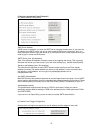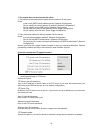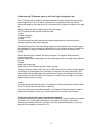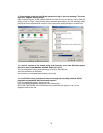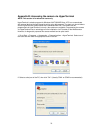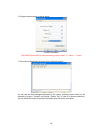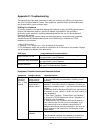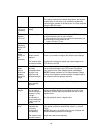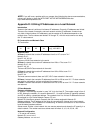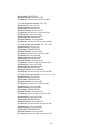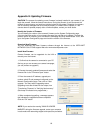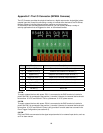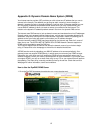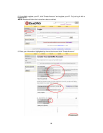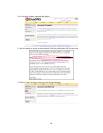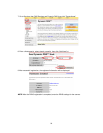
83
NOTE: If you still have a problem with your camera after following the above recommendations,
contact your dealer or check the INTELLINET ACTIVE NETWORKING Web site:
http://www.networkipcamera.com.
Appendix D: Utilizing IP Addresses on a Local Network
Introduction
Access to the Internet is achieved via Internet IP addresses. Currently, IP addresses are limited.
There are five classes of networks, and each network contains IP addresses. A network can
only hold a limited number of IP addresses, and the number of IP addresses depends on the
network class. The five classes are labeled "A" through "E," with the most common one being
the "C"-class network.
IP Construction and Network Class
IP Construction
xxx
X1
xxx
X2
xxx
X3
xxx
X4
(xxx: 0-255)
e.g., 192.168.1.1
Network Class
A Class: A network that contains IP addresses from 0 to 127 at room "X1."
Network ID: X1
Host ID: X2, X3, X4
There are 128 A-Class networks in the world.
B Class: A network that contains IP addresses from 128 to 172 at room "X1."
Network ID: X1, X2
Host ID: X3, X4
There are 65,534 B-Class networks in the world.
C Class: A network that contains IP addresses from 192 to 223 at room "X1."
Network ID: X1, X2, X3
Host ID: X4
The most common network; there are 2,097,152 C-class networks in the world.
D Class: A network that contains IP addresses from 224 to 239 at room "X1." D-class networks
are used for multicasting, and are not allowed for common use.
E Class: A network that contains IP addresses from 240 to 255 at room "X1." E-class networks
are reserved.
C-Class Networks
Features of Addresses
IP address: The three-digit number in room "X4" is for the Host ID. The number range is from 0
to 255. Among the numbers, 0 is used for Network ID, 1 is used for Router IP (gateway address)
and 255 is used for a broadcast address. The numbers from 2 to 244 are IP addresses that can
be assigned to a Pro Series Network Camera, PC, etc.
Network ID: Identifies a network. Generally the first number assigned is Network ID.
Gateway address: The IP address of the router for connecting the Internet and a local network.
Broadcast address: The IP address for broadcasting. All devices connected on a local network
have the same broadcast address.
Subnet mask: Divides a local network into two remote networks and shows the IP quantity in a
certain network. The number used as a subnet mask is limited: 0, 4, 8, 16, 32, 64, 128.
Network Configuration
1. To use as one network
Network ID: xxx.xxx.xxx.0
Gateway Address: xxx.xxx.xxx.1



